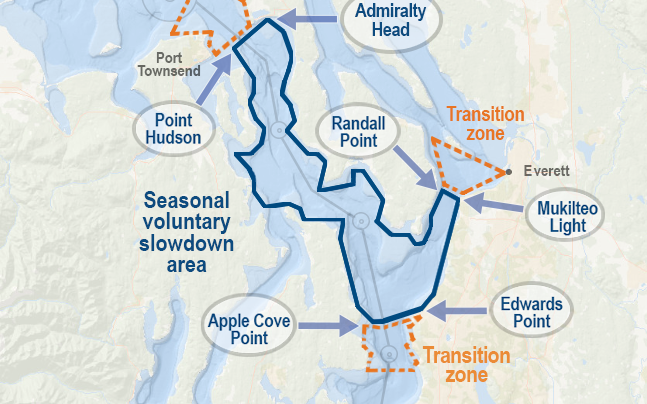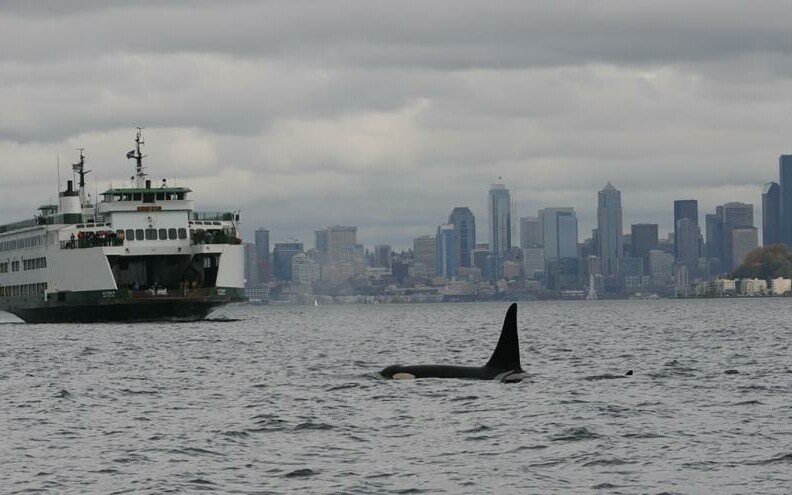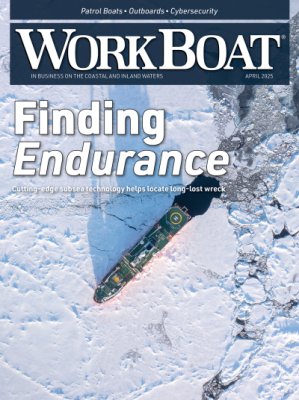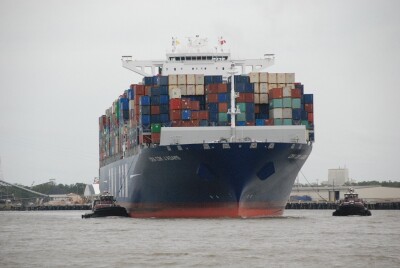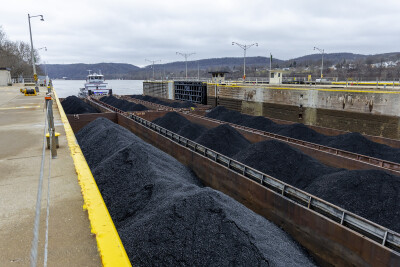Organizers of Washington State’s Quiet Sound project say they have recruited more vessel operators to the second year of a voluntary, seasonal slowdown of shipping to help protected endangered killer whales in Puget Sound.
Organized by Washington Maritime Blue, a broad cooperative effort by maritime businesses, environmental groups, tribes and shipping operators, Quiet Sound seeks voluntary speed limits when killer whales are on the move between Admiralty Inlet and Puget Sound.
During the 2022-23 season, 53% of vessels met the recommended speed targets: 14.5 knots or less for vehicle carriers, cruise ships, and container vessels, and 11 knots or less for bulk carriers and tankers.
During the first six weeks of the current slowdown period that started Oct. 12, 63% of vessels were able to meet recommended speed targets, a 10% increase from last season.
Moreover, organizers say, this was the first season that the voluntary slowdown overlapped with cruise season. Of 26 cruise ship transits in the area, 22 vessels or 85 percent participated in the slowdown.
The current slowdown is in effect until Jan. 12 and takes place in the inbound and outbound lanes of the shipping lanes. The Whale Report Alert System or WRAS, a smartphone app developed for Quiet Sound, alerts mariners within a 1-nautical mile radius when local whale sightings are reported by the project’s partners.
Admiralty Inlet and Puget Sound are critical habitat for the endangered Southern Resident killer whales, also known as orcas. During fall and winter, the orcas swim, rest and forage for salmon – their preferred prey are chinook – in Puget Sound and adjoining waters.
Underwater noise has been identified by scientists in Canada and the U.S. as a major threat to orcas, because it interferes with their ability to hunt, navigate, and communicate with each other. By slowing down, large vessels reduce their underwater noise output. Quieter waters give orcas better opportunities to hunt and communicate with their pods.
By slowing down, large vessels reduce their underwater noise output. Quieter waters give orcas better opportunities to hunt and communicate with their pod. During the 2022-23 trial, underwater noise intensity was reduced by almost half (~3db) in the slowdown zone, according to organizers. Median broadband sound levels were reduced by 2.8 decibels, a 45% reduction in sound intensity.
Killer whales were present in the slowdown area for 36 days of the 80-day slowdown, or 45% of the time.
Joining the Quiet Sound campaign can also earn vessel operators documentation to meet a criterion in the Underwater Noise performance indicator for their Green Marine certification, the voluntary national program that helps maritime businesses meet environmental goals.
